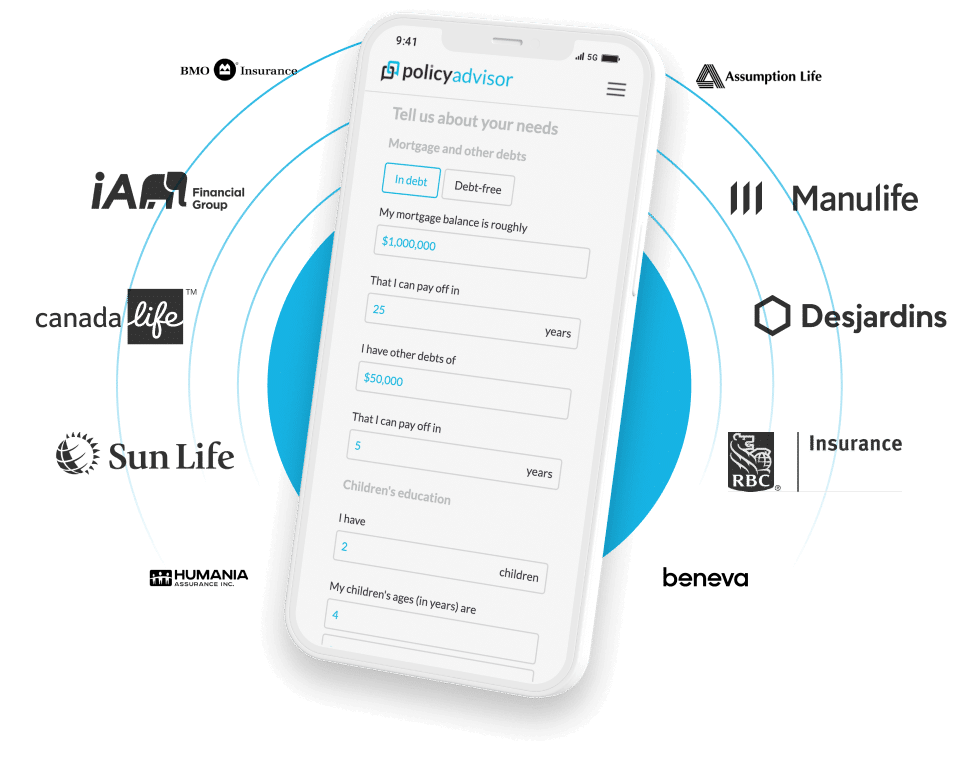
When we think of a mortgage, our eyes often turn to the Big Five Banks — TD, CIBC, RBC, BMO, and Scotiabank. These banks are also commonly referred to as “A lenders,” which further includes other major banks and credit unions. A Lenders cater to Canadians with solid credit scores and reliable incomes. But not everyone can qualify for A lender standards. In these cases, a homebuyer may turn to an alternative mortgage lender.
This article discusses why you may not qualify for an A lender mortgage and where you can turn to in such a scenario. Notably, it discusses alternative mortgage options such as B Lenders, private lenders, and vendor take-back mortgages.
Why you may not qualify for an A lender mortgage
Mortgage stress test
The mortgage stress test isn’t anything new. It was first implemented in 2018 to calm Canada’s roaring housing market. It mandated that federally regulated mortgage lenders, such as banks, only provide mortgages if a borrower could meet a substantially higher interest rate than what they’re actually paying.
Recently, Canada updated this stress test by increasing the threshold buyers have to hit. The revised stress test requires you to be able to theoretically pay the higher of your mortgage rate +2% or 5.25%. So, if a bank offers a mortgage rate of 2%, you have to prove that your income is sufficient to make payments on a mortgage with a 5.25% interest rate. Otherwise, you’ll either have to get a smaller mortgage or look elsewhere.
Poor credit score
Your credit score is a core component of your mortgage approval. It’s based on your past spending, debt repayment behaviours, credit utilization rate, and other factors. So, Canadians who make credit card payments on time generally see a strong credit score compared to those who don’t.
If you’re good at using credit and diligent in making payments, you likely have a good credit score. In contrast, if you’ve missed payments in the past, your credit score may be subpar, which can cause trouble when you apply for a mortgage, especially from an A lender.
Self-employment or non-traditional income
A bank wants to ensure you can repay your loan with interest. A reliable income, such as income from full-time employment at a large employer, can provide lenders evidence that you’re capable of making these payments. But with a large and growing number of Canadians finding work on a freelance or “on-demand” basis, the typical “reliable income” is becoming scarce.
While freelancers with years of tax returns proving a stable income still have a shot with an A lender, less stable incomes or more recently minted freelancers and on-demand employees may have a more challenging time. These individuals may need to resort to an alternative lender.
So what happens if an A lender doesn’t work out for your mortgage borrowing needs?
How B Lenders work
Just because a bank’s name isn’t on every street corner doesn’t mean it can’t provide the same services. B Lenders are often federally regulated banks that adhere to the same standards as any A lender bank. Examples of B Lenders include Bridgewater Bank and Haventree Bank.
Because many B Lenders are federally regulated, they may still put you through the mortgage stress test before approval. The mortgage stress test with a B Lender can be much harsher as B Lenders will often charge a higher interest rate.
The higher rate compensates the lender for their leniency on borrower qualifications. B Lenders commonly accept individuals with relatively high debt-to-equity ratios, low credit scores, or less reliable incomes.
Additionally, B Lenders have other costs, such as a broker’s commission or closing costs, which A lenders either don’t have or have at a lower rate. Overall, you can expect that the journey to homeownership with a B lender will be more expensive than the journey with an A lender.
If you’re interested in a B lender mortgage or one from a private lender (discussed below), it’s common to seek a mortgage broker who can help you consider your options.
How private lenders (C Lenders) work
Private lenders are commonly investment companies or wealthy individuals looking to get a good return on their capital. They’re open to taking on even riskier borrowers than a B lender’s clientele. They lend to those that B Lenders have turned away. Unsurprisingly, if you use a private lender, you can expect even higher interest rates (such as 10-18% or more).
Private lenders focus less on a borrower’s specs and more on the property they’re purchasing. A private lender wants to understand that the property is in good shape, will retain or appreciate in value, and that the borrower has some equity in it. This way, if the borrower defaults on the mortgage, the private lender can foreclose on the property to recoup their capital.
If your credit score is in the red, you may still qualify with a private lender. And because a private lender is not a federally regulated bank, the mortgage stress test won’t apply in most circumstances.
Your interest rate and other costs will likely be the highest with a private lender. Private lenders are also quicker to foreclose on a home if you’re behind on payments, and such a foreclosure comes with hefty liquidation costs.
How vendor take back (VTB) mortgages work
Vendor Take Back mortgages (VTBs – and also known as seller financing) are one of the most flexible ways to buy a home. It involves the seller of the property also providing the whole or part of the mortgage. The interest rates, fees, and other details are usually bespoke to the specific deal at hand.
VTBs are a unique way to entice a buyer to purchase a home. So, if you’re in a seller’s market, it’s a rare sight to see. However, if the VTB is only for part of the purchase price, the bank or other lender who’s providing the rest of the mortgage needs to approve of the VTB before they approve their loan to you.
VTBs are common for large or unique properties which may not have a horde of buyers bidding for them. The offer of a VTB with purchase can enlarge the seller’s buying pool.
Final words
If you’re looking into an alternative mortgage, a lawyer is critical. When dealing with private lenders and VTBs especially, you want to understand the fine print of your borrower-lender relationship. Never sign a mortgage contract without first understanding your interest rate, extra fees, prepayment privileges, consequences of missing a payment, and other terms. Having a good lawyer with experience in alternative loans can mitigate your chances of finding yourself in a bind later on.
Ultimately, alternative mortgages provide home buying options to those turned away from the big banks or established credit unions. Although they help you towards homeownership, even if you have bad credit or an unstable income, it comes with drawbacks. Remember to understand the fine print before signing the dotted line and make sure you protect your new mortgage the first chance you get.


 1-888-601-9980
1-888-601-9980


